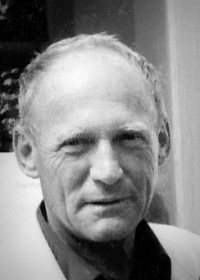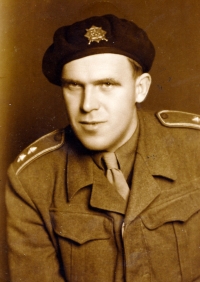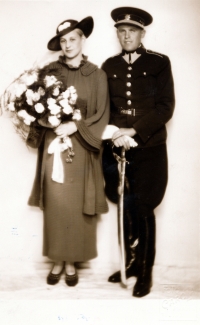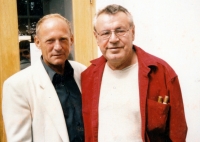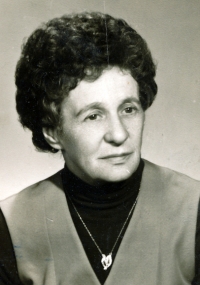The Nazi took his mother away when he most needed her. When he needed his father, the Communist took him away from him as well.
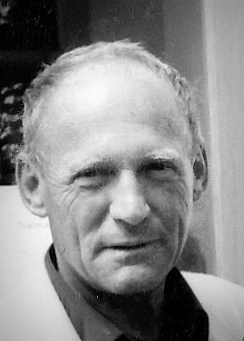
Download image
Jan Líman was born on February 20, 1936, in Mladá Boleslav. His father, Jan Líman, was an officer in the Czechoslovak Army that he was forced to leave twice during his career. The first time after the Nazi occupation in 1939, and then after the Communist coup in 1948. His mother, Helena Líman, was of a Jewish origin, but the mixed marriage had protected her against transportation to a concentration camp for some time. However, the Límans divorced, holding a naive belief that they could have saved their son from the transport. Helena Líman ended up in a Terezín’s ghetto, where she had lived until the end of the War; meanwhile, her parents and brother died in Auschwitz. It was the Málek’s family living in Borek who started to take care of then eight years old Jan Líman, a situation that most likely enabled him to escape the attention of the protectorate officers. In 1947, Jan Líman enrolled at the perennial grammar school – Grammar School of Jiřího z Poděbrad – where children from the persecuted families took precedence during the admission process. However, some changes had taken place there following the communist coup, and the school ceased to exist in 1953. Jan Líman’s father discharged from the army due to his disapproval of the new political establishment and started to work as a tutor of the mining youth. He was arrested by the State Security a year after. The reason behind it was the alleged negative effect he had had on the mining apprentices, in whom he had allegedly aroused compassion for political prisoners, whom he supported himself. Jan Líman Sn. was sentenced to eight years, most of which he spent in the labour-educational camp in Tmavý Důl located in Rtyn in the Podkrkonoší Region. His sentence bore a significant effect on his son’s life, as it went hand in hand with Jan’s problems to graduate and finding a job later. It was not until 1968 that he was able to apply for the entrance exams at the Faculty of Law of the Charles University. He was accepted and graduated in 1974 with a doctoral degree. After finishing his studies, he worked as a business lawyer. He lives in Teplice.

